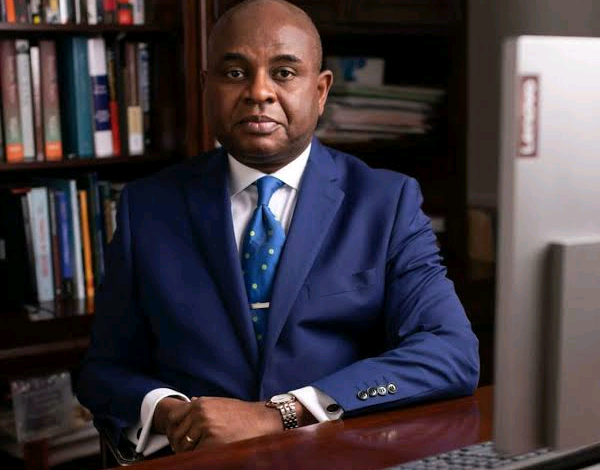
The President of the African School of Governance (ASG), Mr. Kingsley Moghalu, has said that Nigeria’s future depends on nationhood, going beyond the fight against corruption.
Moghalu asserted that Nigeria has yet to reach its potential, attributing this to the lack of nationhood.
In a post on X (formerly Twitter) on Friday, he noted that the absence of nationhood leads to economic downturns, thereby making the future seem bleak and lacking in vision.
He wrote: “There is just one reason why Nigeria has not been able to come close to attaining its potential, let alone attaining it. And it’s not, like many believe, corruption. It’s this: Nigeria is not a nation. It’s a territorial state. It’s a country. Without nationhood, it has no future.
“It’s the absence of nationhood that feeds the corruption, the focus by the political class on power and primitive accumulation rather than governance and delivering public goods. It’s the absence of nationhood that creates the economic stasis, because there is no real vision.”
According to him, Nigeria’s ‘economy’ and its ‘management’ have for a long time been all about access to economic rents by contending, disparate, and vested interests, stressing that it is not about wealth creation for the 220 million people, most of whom live in poverty.
Moghalu pointed out that Nigeria cannot become a nation until it deals with two questions: how to manage the fundamental problem of state formation, in which disparate tribes with vastly different worldviews, or none at all, were lumped together and left to struggle for power in the territorial state.
The second question is the causes and consequences of the Nigerian Civil War. He stated that Nigerian leaders have been cowards on this issue, burying their heads in the sand like ostriches, instead of being statesmen and fashioning a strategy for healing and closure that has yet to happen.
The 2019 presidential candidate of the Young Progressives Party (YPP) highlighted the two paths to nationhood for Nigeria.
“One is the possible emergence of a transformative leader in the nature of Turkey’s Mustafa Kemal Ataturk. A man or woman with a transcending vision beyond our disparate tribes, who leads in a manner that restores confidence in the idea of Nigeria among citizens who make ‘the nation’ not just politicians who spout the word without even understanding its meaning.”
The former Deputy Governor of the Central Bank of Nigeria (CBN) also cited the late President Samora Machel of Mozambique who said that “for the nation to be born and to live, the tribe must die”.
“The alternative is to recognize our tribes as a reality, and convene a constitutional framework that negotiates and agrees what Nigeria is, means, and guarantees to all Nigerians and ethnic nationalities that constitute it,” Moghalu explained, affirming that only true federalism can work and secure a future for Nigeria in this regard.
He added: “Either path calls for courage. After Olusegun Obasanjo, who with all his human frailties remains the only pan-Nigerian leader we have had since 1999, in the sense that he revised his views about nationhood in his older years rather than holding on to the false ‘nationhood’ of ‘United, indivisible Nigeria’ minus the real inclusion of some of its parts in the possibilities for ultimate political leadership that has been the real pattern of his civil war contemporaries, I am yet to see a truly national leader for Nigeria.”


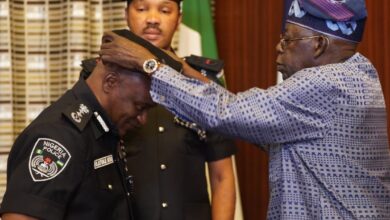
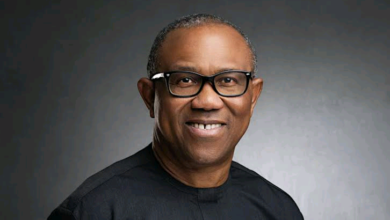
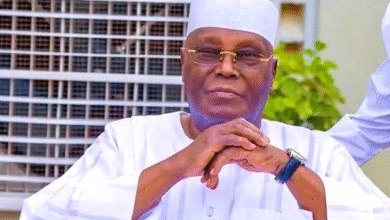
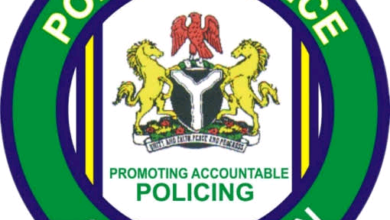
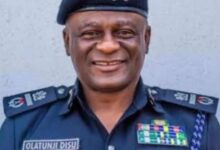
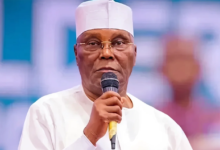
tjoyfy